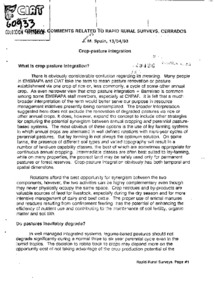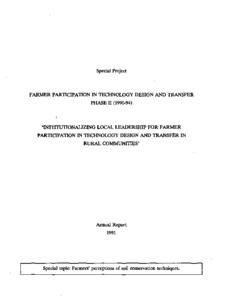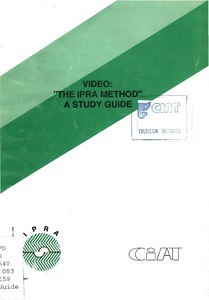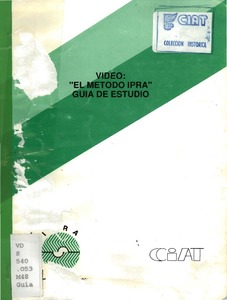Shifting Cultivation in Thailand: Its Current Situation and Dynamics in the Context of Highland Development
ABSTRACTED FROM IIED WEBSITE INTRODUCTION: One of the outputs of a research project considering shifting cultivation in Thailand, Lao PDR and Vietnam. It considers the dynamics of shifting cultivation and alternative land use systems in the context of highland development in Thailand, gathered in order to provide up-to-date information to policymakers. The study includes examination of national policies relating to highland areas and the impacts of such policies on local communities and land use patterns.









